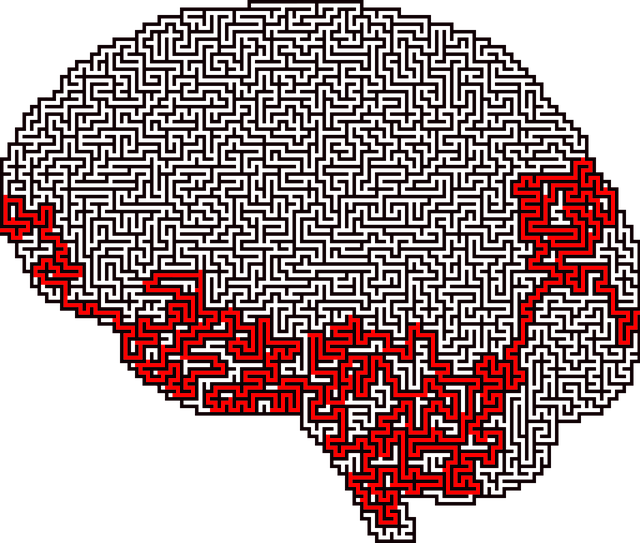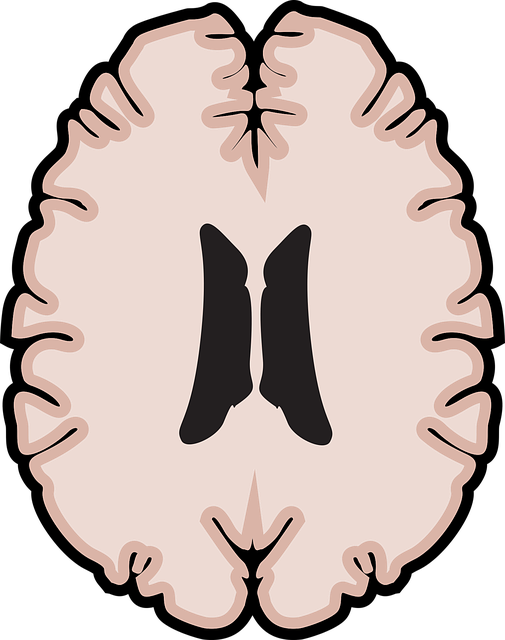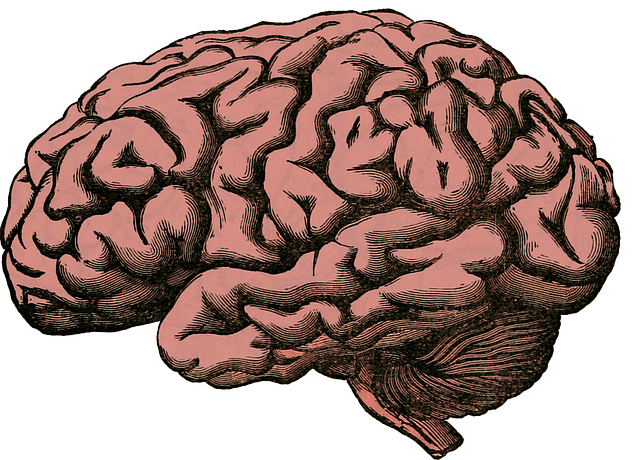Castle Rock Anxiety Therapy equips individuals with essential emotion regulation skills to navigate challenging situations healthily and productively. By identifying triggers, employing techniques like journaling and CBT, and practicing mindfulness and cognitive reframing, people gain control over their emotional responses, enhance mental wellness, boost confidence, and cultivate resilience. Integrating these tools into daily life reduces anxiety symptoms, promotes healthier coping strategies, and improves overall quality of life, especially beneficial for healthcare providers in high-pressure environments.
Emotion regulation techniques are essential tools for managing and understanding our internal states. In this article, we explore the significance of emotion regulation in mitigating stress and anxiety, beginning with a deep dive into its foundational concepts. We then uncover common triggers that set off emotional responses, followed by an examination of practical strategies for effective management. Additionally, we delve into integrating Castle Rock Anxiety Therapy into daily routines as a powerful approach to long-term emotional well-being.
- Understanding Emotion Regulation and its Importance
- Identifying Triggers: Unraveling the Roots of Emotional Response
- Practical Techniques for Effective Emotion Management
- Integrating Castle Rock Anxiety Therapy into Daily Life
Understanding Emotion Regulation and its Importance

Emotion regulation is a vital skill that enables individuals to navigate their emotional experiences in healthy and productive ways. It involves recognizing, understanding, and managing one’s emotions effectively, ensuring they don’t overwhelm or control behavior. This process is crucial for maintaining mental wellness and overall life satisfaction, especially in the face of challenges like Castle Rock anxiety therapy.
By learning emotion regulation techniques, individuals can prevent burnout and enhance their ability to cope with stressful situations. This is particularly relevant when considering the importance of self-care routine development for better mental health. Strategies such as journaling exercises and guidance on stress management can empower people to take charge of their emotional responses, fostering a sense of control and resilience. These practices contribute to a healthier mind, allowing individuals to approach life’s ups and downs with greater equanimity.
Identifying Triggers: Unraveling the Roots of Emotional Response

Identifying triggers is a crucial step in Castle Rock anxiety therapy and emotion regulation techniques teaching. Understanding what sets off our emotional responses helps us navigate and manage them more effectively. Triggers can be thought of as the roots from which our emotions grow, whether they’re specific situations, people, or even memories. By examining these triggers closely, we begin to unravel the intricate connections between our thoughts, feelings, and behaviors.
This process involves introspection and self-awareness. Keeping a mood journal, for instance, can help in identifying patterns and recurring triggers. Once unraveled, we can start to address them proactively. Techniques like cognitive behavioral therapy (CBT) guide individuals to challenge negative thought patterns and replace them with more balanced perspectives, thereby boosting confidence and resilience over time. Mood management skills become easier to develop when we’re equipped with the knowledge of what specifically needs managing.
Practical Techniques for Effective Emotion Management

In the quest for optimal mental wellness and emotional stability, learning effective emotion regulation techniques is akin to acquiring a powerful toolset. Castle Rock Anxiety Therapy offers practical strategies that empower individuals to navigate life’s challenges with resilience. One such technique involves mindfulness practices, which encourage staying present in the moment, thereby mitigating the intensity of overwhelming emotions. By observing thoughts and feelings without judgment, individuals can gain clarity and make more thoughtful responses.
Additionally, cognitive reframing helps individuals challenge negative thought patterns and replace them with more balanced perspectives. This process fosters mental health awareness, boosts confidence, and promotes a sense of self-control. Through consistent practice, these techniques enable people to effectively manage their emotions, enhance their overall mental wellness, and cultivate a more positive outlook on life.
Integrating Castle Rock Anxiety Therapy into Daily Life

Integrating Castle Rock Anxiety Therapy into daily life can significantly enhance emotional well-being and resilience. This evidence-based approach focuses on identifying and modifying unhelpful thinking patterns, which in turn reduces anxiety symptoms and promotes healthier coping strategies. By applying these techniques, individuals can better navigate stressful situations, boost their confidence, and build resilience to prevent burnout, especially among healthcare providers who frequently face high-pressure environments.
Castle Rock Anxiety Therapy encourages active engagement with anxious thoughts and feelings, teaching individuals to challenge cognitive distortions and replace them with more balanced perspectives. This process not only alleviates symptoms of anxiety but also fosters personal growth and improved emotional regulation. Integrating these skills into daily routines allows for proactive management of stress, enhancing overall mental health and quality of life.
Emotion regulation is a powerful tool for enhancing overall well-being. By understanding the importance of managing emotions and employing practical techniques like those offered by Castle Rock Anxiety Therapy, individuals can effectively navigate their emotional responses. Identifying triggers is the first step towards mastering one’s emotional landscape, allowing for the implementation of strategies such as mindfulness and cognitive reframing. Integrating these techniques into daily life fosters resilience and equips people with the skills to overcome challenges, ultimately leading to a more balanced and fulfilling life.














